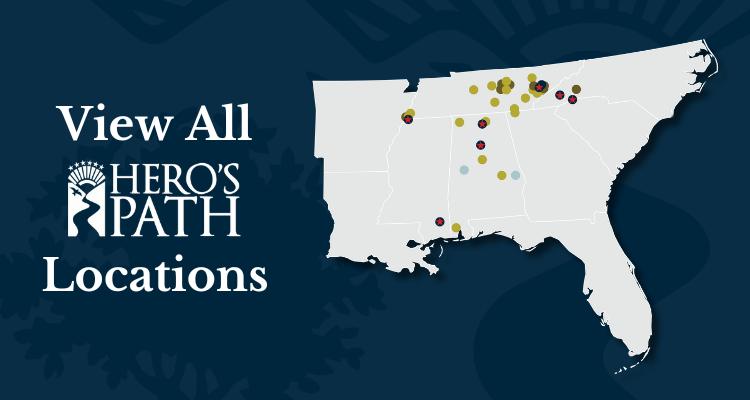For many veterans, transitioning from military to civilian life represents a journey filled with new beginnings and significant challenges. This adjustment period involves a change in daily routines and environments and a shift in identity and purpose. Navigating this transition successfully requires preparation, understanding, and the right support to overcome the hurdles that may arise, including the risk of substance abuse.
Embracing the New Chapter
Transitioning from military to civilian life is a significant milestone for any service member, marked by excitement for the future and uncertainty about leaving the structured military environment. To navigate this transition more smoothly, starting planning early and utilizing the resources available to veterans is essential. One effective strategy is mapping out career goals and educational pursuits well before leaving the military. Veterans might consider translating their skills into civilian terms, highlighting leadership experience, technical skills, and adaptability. Many organizations offer resume-writing workshops and career counseling specifically tailored for veterans, which can be invaluable in this process.
Moreover, fostering a strong support network is crucial during this change. Connecting with family and friends, as well as reaching out to veteran organizations, can provide both emotional support and practical advice. Engaging with community groups or volunteering can also ease the sense of loss that sometimes accompanies leaving military camaraderie behind. Veterans should not hesitate to seek out mental health resources if needed; addressing issues such as PTSD or depression early can set the foundation for a successful adjustment to civilian life. Ultimately, embracing the transition as an opportunity for growth and new experiences while recognizing and preparing for its challenges can lead to a fulfilling and prosperous civilian life.
Understanding the Risk of Substance Abuse
The risk of substance abuse in veterans is a concern that warrants serious attention, given the unique stresses and experiences associated with military service. Veterans may face challenges such as PTSD, chronic pain, or difficulty adjusting to civilian life, which can increase the likelihood of turning to substances as a means of coping. Recognizing these risks is the first step toward prevention. It’s important for veterans and their support networks to be aware of the signs of substance misuse and to understand the underlying issues that may contribute to it.
Avoiding addiction begins with seeking healthy alternatives for stress relief and emotional management. Engaging in regular physical activity, pursuing hobbies, and establishing a stable routine can significantly improve mental health and reduce the temptation to use substances. Veterans should be encouraged to utilize the support services available to them, including counseling and therapy, which can offer strategies for coping with stress and trauma in constructive ways. Building a strong social support system with family, friends, and other veterans can also provide a buffer against isolation and the risks of substance abuse. By actively choosing healthier coping mechanisms and leveraging the resources designed to support their well-being, veterans can navigate the challenges of post-military life without turning to substance use.
How to Recover from Addiction
For veterans grappling with addiction, acknowledging the need for help is a critical first step toward recovery. It’s important to remember that struggling with substance use is not a sign of weakness but rather an issue that requires professional support to overcome. Veterans have access to various resources tailored to their specific needs. The Department of Veterans Affairs (VA) offers comprehensive addiction treatment services, including counseling, medication-assisted therapy, detoxification programs, and residential care. These services are designed with an understanding of the unique challenges veterans face, providing a supportive environment for recovery.
In addition to the VA, there are numerous organizations and support groups dedicated to helping veterans with substance use disorders. These groups offer a sense of community and understanding, allowing veterans to share their experiences and recovery journeys with others facing similar challenges. Programs like Hero’s Path also provide a full range of professional addiction treatment services, which can help veterans dealing with the dual challenges of addiction and transitioning to civilian life. Exploring these resources can empower veterans to take control of their recovery and move forward with the support and care they need. Veterans and their loved ones need to know that help is available and that recovery is possible with the right support and treatment.
A Hopeful New Beginning
Transitioning from military to civilian life is a journey with many challenges. Still, it also offers the opportunity for growth and new beginnings. By planning, utilizing available resources, and being mindful of the risks of substance abuse, veterans can navigate this transition successfully. If addiction becomes part of the journey, remember that help is available, and recovery is possible. Embrace your new chapter with hope, resilience, and the knowledge that you don’t have to do it alone.






